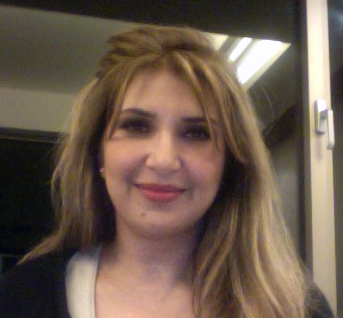The recent high-drama nuclear negotiations in Geneva were riveting, to be sure. Old foes shuttled between conference rooms, chatted amiably in corridors, colluded to guard the sensitive details of their discussions from an eager global media.
Every utterance from officials, every smile, grimace and gesture made its way onto the twitter feeds of foreign policy wonks and commentators, mostly frustrated by the lack of substance to report.
When a deal did not materialize between Iran and the P5+1, off went the pundits to dig up further minutiae. Who scuttled the agreement? What were the terms of the agreement on the table? Why are the Saudis, Israelis, Congress and the French being such spoilsports?
Hang. On. One. Minute.
For any dedicated critic of western policies in the Middle East, this last bit was just mind-boggling. For a change, nobody was blaming the Iranians for anything much. Instead, an atypical set of people and parties were being held accountable as “spoilers.”
Really, in that moment, the world turned a fraction faster. Brought us into the future, it did.
Because here’s the actual deal: deal or no deal at the negotiating table in Geneva, we have entered a new era in the Middle East. Iran is the center of all things important to all the parties that count. Today, nothing of consequence can be done in any of the major military and political theaters in the region without the cooperation of the Islamic Republic.
Syria, Iraq, Lebanon, Israel-Palestine, the Persian Gulf, Afghanistan, Pakistan, Yemen, Bahrain… If Washington is keen to exit from its myriad Mideast entanglements without leaving behind more chaos, it will need an able local intermediary with the clout to promote stability. None of its allies can do this job – not its economically distressed western partners, not a war-wary NATO, not an isolated Israel, not a sectarian Saudi Arabia, not a politically diminished Turkey, and not an Egypt in turmoil.
Deal or no deal, phase 1 in Geneva was already a success. It set the scene for what-comes-next quite effectively. Whether you noticed it or not, your view of good-guys and bad-guys in the Middle East changed in a Swiss conference room. Your perceptions shifted while you were cheering on a historical agreement with Iran, while you watched world-class foreign ministers sweep into town in deference to the importance of this moment, while you rolled your eyes at Israeli Prime Minister Benjamin Netanyahu’s protestations and suspected France of trading “peace” for Saudi cash.
And nobody corrected you much on this perception shift in the days to follow.
Read More:
http://english.al-akhbar.com/blogs/sandbox/deal-or-no-deal-irans-stock-keeps-rising










